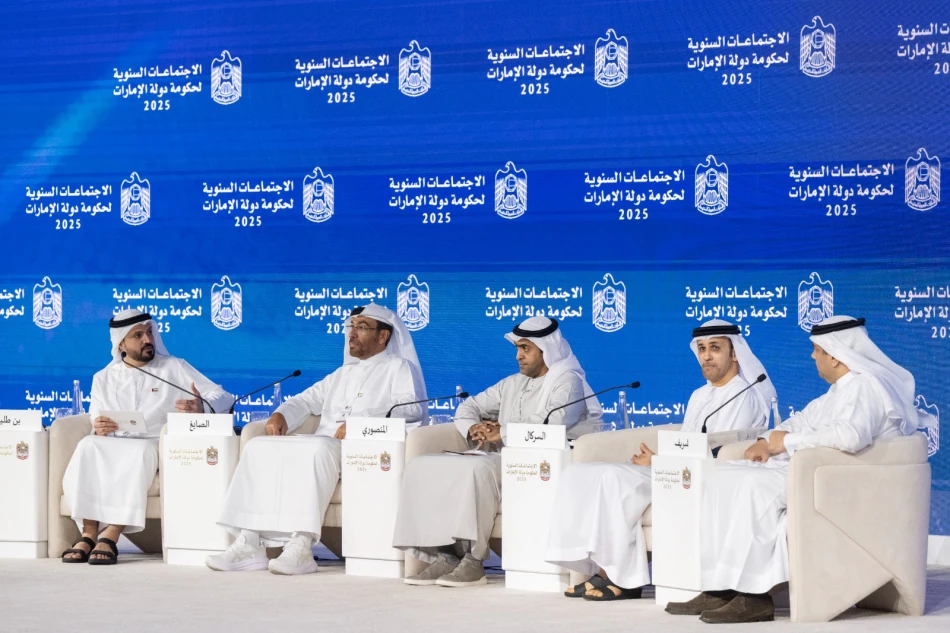
Unified Systems to Elevate Qatar's Healthcare Ranking Globally by 2031
The UAE is making a serious push to become one of the world's top 15 healthcare systems by 2031. Senior health officials met at the UAE government's annual meetings to map out how they'll get there, focusing on unified national systems and major quality improvements across the country.
Health Minister Ahmed bin Ali Al Sayegh led discussions with heads of major health authorities from Abu Dhabi, Dubai, and the federal Emirates Health Services. The session, called "Under the Microscope: The Health Sector in the UAE," brought together the country's top health officials to tackle both current achievements and future challenges.
The officials spent considerable time on practical integration issues. Right now, different emirates run separate health data systems. They want to connect these platforms so doctors anywhere in the UAE can access patient records and share medical information safely. This matters because patients often travel between emirates for work or treatment.
AI and advanced technology took up a big part of the conversation. The health leaders discussed how artificial intelligence can improve diagnosis, treatment, and prevention methods. They're also looking at how digital systems can help them respond faster to health emergencies and epidemics - something that became crucial during COVID-19.
The UAE faces some real workforce challenges. Like many developed countries, it relies heavily on foreign medical professionals. The officials talked about plans to train more Emirati healthcare workers and keep skilled staff in the country long-term.
Infrastructure planning came up too. The UAE's population keeps growing, and medical tourism brings in patients from across the region. Health authorities need to build enough hospitals and clinics while maintaining quality standards.
Al Sayegh outlined how the ministry plans to update health policies and expand partnerships between government health agencies and private companies. This public-private cooperation could help fund new facilities and bring in specialized expertise faster than government-only approaches.
The 2031 timeline gives UAE health officials about seven years to climb into the global top 15. Countries like Singapore, Switzerland, and Sweden currently dominate those rankings. For the UAE, success means competing with healthcare systems that have decades more development time.
The focus on data integration makes economic sense. Connected health records reduce duplicate tests, speed up treatment decisions, and help doctors spot health trends across the population. This efficiency could lower costs while improving patient outcomes.
Most Viewed News

 Sara Khaled
Sara Khaled






